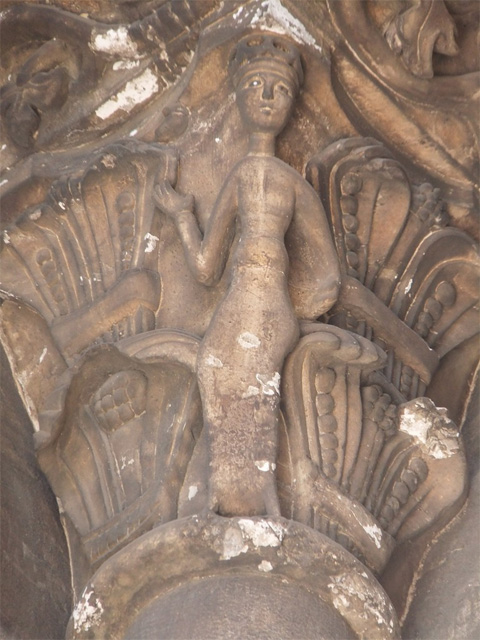
Dr. Miriam Shadis
Dr. Miriam Shadis, Associate Professor of History, is spending the current academic year (2016-17) on an Ohio University Faculty Fellowship Leave.
Shadis will be researching and writing her next book project, Mothers, Daughters, Sisters, Saints: Gender and State Formation in Early Portugal (1100-1250). This is a study of the first queens of Portugal, and their role in the foundation and expansion of the kingdom of Portugal from its origins in the 12th century up to the middle of the 13th century. The first ruler of Portugal, Queen Teresa, laid the foundation for a type of female power within the royal family, which utilized co-rule. Such practices made space for royal women, including daughters and wives, to participate in the so-called “monarchy.” [Listen to an interview with Shadis on her research project.]
During the fall term, Shadis will hold a Fulbright Fellowship to work in Portugal. She will be associated with the History Department in the Faculty of Letters at the University of Lisbon, and will continue to carry out research in the National Archive of Portugal (the Torre do Tombo) and the National Library. In the spring, Shadis will return to Portugal with an Ohio University Baker Grant to finish work in the University Library and Municipal Archive in Coimbra.
Shadis is also working on completing an essay for publication on the community of women involved in the monastery of Santa Maria de Celas. This essay, to be published in a volume on medieval women and community in medieval Iberia, examines the founders (royal women), earliest nuns, and female patrons of this Cistercian monastery, located in Coimbra. She also plans to finish designing a new course, tentatively titled “Bread, Wine, Salt, and Fat: The History of Food and Drink before Refrigeration,” which will be associated with the Food Studies Theme. Finally, Shadis will be attending a number of conferences in Portugal and the United States, and plans to take a short course on Ladino, a medieval Judeo-Spanish language, in the spring.
“It is really exciting to have extended chunks of time to be able to research, think deeply, and write about these on-going projects,” Shadis says. “I look forward to a productive year and hope by the end to have a book manuscript, as well as being re-energized to return to teaching in the fall of 2017.”
The College of Arts & Sciences awarded Shadis the 2015-16 Outstanding Faculty Undergraduate Advising Award.
For more on Shadis’s teaching and research interests, visit her History Department profile.



















Comments